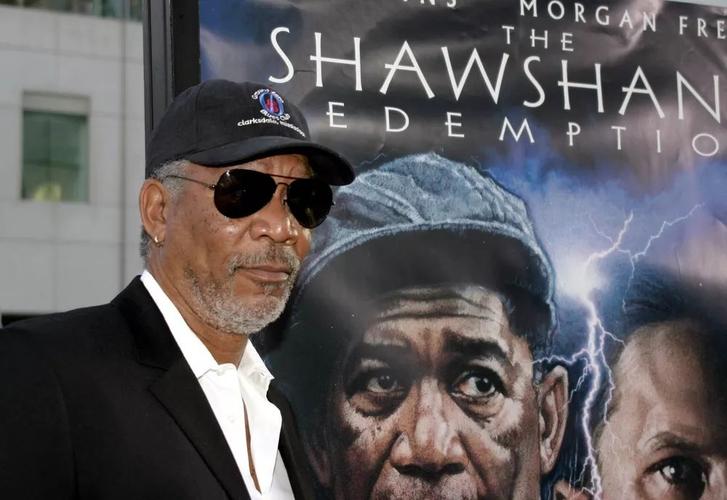The desire to watch a movie can be expressed in English with various options depending on the context and level of formality. Here are some common phrases that can be used:

"I want to watch a movie."
"I'm thinking about going to the movies."
"I am planning to see a film."
"I've got a hankering for cinema."
These phrases convey the same basic idea but differ in their tone and level of formality. "I want to watch a movie." is a straightforward statement that could be used in informal conversations or written text, whereas "I am planning to see a film." is more formal and would be appropriate for emails or letters. The latter also suggests that there is intention and preparation behind wanting to watch a movie, which adds an element of seriousness or commitment to the action plan.
For instance, if you are discussing your weekend plans with friends, you might simply say, "I want to watch a movie," indicating an impending leisure activity. However, if you're writing to invite someone over for dinner and a movie night, you might opt for "We're planning to have a movie night at our place this Saturday, what do you think?" This choice of wording not only shows that you are considering their opinion but also gives them an opportunity to join in the fun. It's more personal and inviting.
Another way to express the idea of watching a movie could involve using idioms or cultural expressions that are specific to the English language, such as "Netflix and chill" or "popcorn and a movie." These phrases often carry an informal tone and are commonly used among peer groups who enjoy sharing their favorite films together. They suggest an easygoing evening spent enjoying both food and movies, which can make the suggestion sound less like an official plan and more like a casual invitation.
Cultural Variations
In different cultures around the world, there are various ways to describe wanting to watch movies. In some countries, people may use local idioms or slang words uniquely adapted to their language. For example, in Spain they might say "Quiero ver un pelicula," while in France it's "J'ai envie de regarder un film." These variations reflect the diversity of languages and cultural practices within the global community.
Formal vs. Informal Settings
It is worth considering that how we say something depends on whether we are speaking in a formal or informal setting. Formal settings usually require more formal language, while informal ones allow for greater flexibility in expression. Therefore, if you are giving an oral presentation or writing an academic paper, it's best to stick to phrases such as "planning to see a film" or "intent on watching a movie." However, in social media posts, chat messages, or casual conversation, you might feel comfortable using more relaxed terms like "want to catch a film," "thinking of hitting the cinema," or "feeling like I need some cinema time right now."
Movie Genres and Phrases
Different genres of movies can also influence the way we express our desire to watch them. For instance, action movies might inspire us to say "I want some action on the screen," whereas romantic comedies might lead us to say, "I'm craving some love stories." By choosing words related to specific movie genres, our statements become more vivid and personalized, making our intentions clearer and adding flavor to the discussion.
Technology Influences Language Use
As technology continues to advance and streaming services become more widespread, phrases related to these platforms also find their way into our everyday conversations. For example, "binge-watching" has become part of our vocabulary, describing the act of watching several episodes or seasons of a TV show in one sitting. Similarly, when talking about movies online, people frequently use terms like "streaming my favorites" or "watching movies on demand." These modern expressions highlight the convenience offered by digital platforms and reflect how language evolves alongside technological innovations.
Social Media and Movie Talk
Social media platforms provide another outlet for discussing movies through hashtags, shares, comments, and direct messaging. Users often use shortened versions of phrases such as movienight or cinemadate when posting about their plans to go watch movies with friends or family. This practice not only helps create communities around shared interests but also makes it easier for others who might be interested in watching the same movies to connect and plan activities together.
Conclusion
In conclusion, expressing the desire to watch a movie can be done in numerous ways depending on the context and audience. From simple statements like "I want to watch a movie" to complex discussions involving movie genre preferences or digital streaming services, language choices reflect our cultural backgrounds, communication environments, and personal styles. As English learners or users of English worldwide, understanding these nuances will enable us to better navigate conversations and engage with others in meaningful ways. Whether we're talking face-to-face or communicating through virtual platforms, being able to articulate our desire for cinematic experiences clearly is always beneficial in fostering connections and enjoyment of shared entertainment.
推荐阅读》未经允许不得转载:» 想看电影用英语怎么说(想看电影英语表达)

 家长点评网
家长点评网











